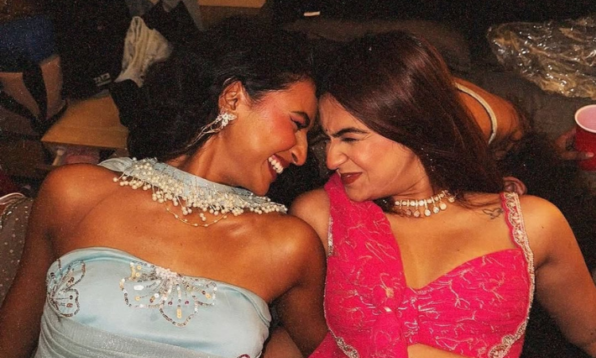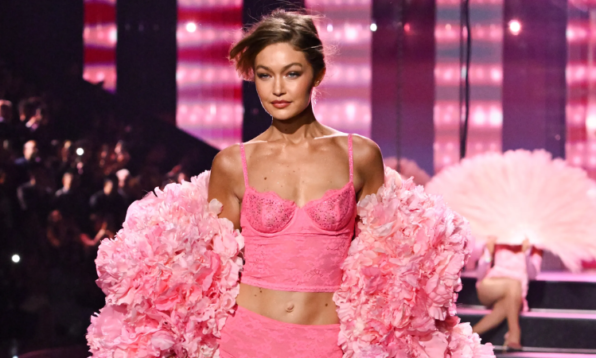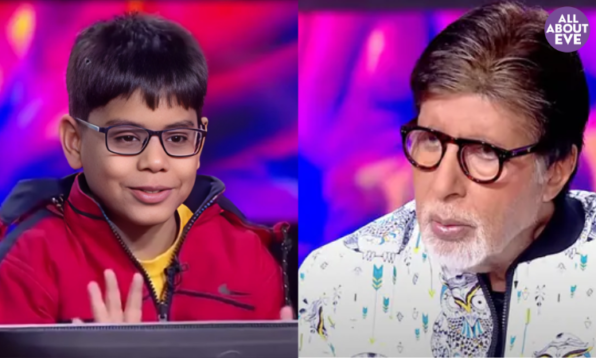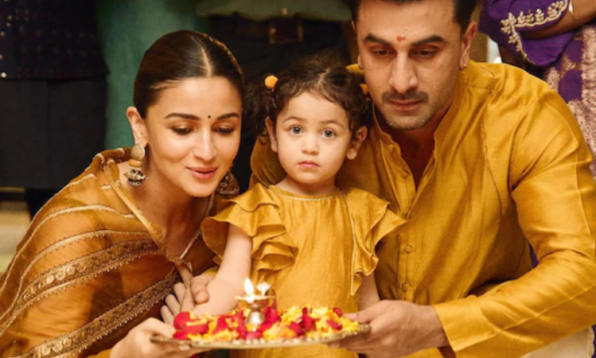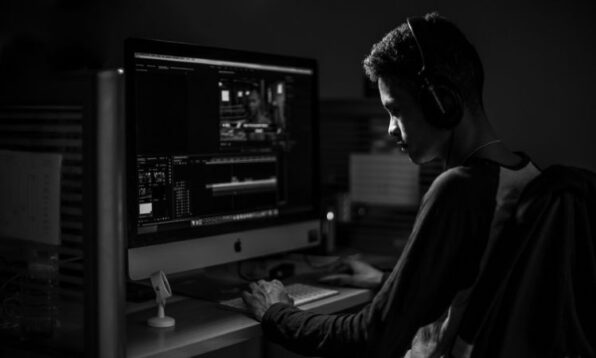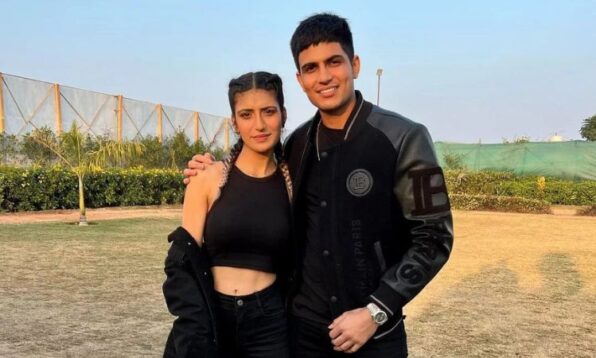If there’s one thing the internet loves more than a controversy involving a woman, it’s a controversy involving two. And recently, Rida Tharana and Apoorva Mukhija aka the rebel kid became unwilling stars of this controversy. After facing rape and death threats for her appearance on India’s Got Latent, Apoorva posted a video explaining how overwhelmed she was. She mentioned that an astrologer had told her someone had performed black magic on her, and thanked the people who supported her. She didn’t name her friend Rida and that’s all it took.
Within hours, comment sections, Reddit threads, and speculative Instagram stories latched on to the omission like ants to crumbs. If Rida wasn’t named among the friends, and if someone did black magic, then it must have been her, obviously. Case closed, bring out the pitchforks.
Related: Why Is Orry So Famous? We Finally Know The Answer And It’s Wild
The desperate need for a villain

It’s a textbook case of how quickly we sensationalise the trivial when it involves women, especially young women in the public eye. The need for a villain, preferably another woman, is so strong that silence is treated as confession, and absence from a list of names is treated as a smoking gun.
This phenomenon isn’t new. Female friendships are often viewed through a deeply misogynistic lens, one that assumes they are always teetering on the edge of betrayal. The narrative is familiar: two women, once close, now possibly enemies. And that “possibly” is enough for an entire internet cycle of hot takes, conspiracy theories, and character assassinations.
Apoorva’s original video was about being at the receiving end of death and rape threats after a reality show appearance. That should have been the focal point of public discourse. Instead, we turned our attention to her friend circle and weaponised her thank-you list as a piece of forensic evidence.
There is something depressingly predictable about this. Instead of talking about the horrifying abuse Apoorva was receiving online, we collectively shifted focus to a new drama: a missing “thank you.” The public had the chance to support a woman speaking out about mental health and online harassment. Instead, we found another woman to blame.
The digital witch trials

This entire episode reveals more about us than about Apoorva or Rida. We live in a culture that delights in watching women fall out. Where a missed name in a video isn’t interpreted as an oversight or a boundary, but as a betrayal. Where emotional pain must always come with a culprit we can dissect, criticise, and preferably cancel.
This isn’t new. We’ve seen it play out before, just with bigger spotlights and shinier outfits. Remember the decade-long whispers about Kareena Kapoor and Priyanka Chopra’s alleged fallout? Or how every joint appearance of Deepika Padukone and Anushka Sharma was dissected for “awkward energy”? It’s exhausting. And worse, it’s reductive.
In the end, Apoorva had to put up an Instagram story and asked people to stop with their assumptions. Rida also clarified how the past few months have been exhausting for her, taking care of her ill mother. What Rida Tharana and Apoorva’s controversy really shows is that we don’t need facts to start a fire. All we need is a woman, a camera, a sentence left unsaid, and we’ll magnify the most trivial things and ignore what’s right in front of us.
Featured Image Source
Related: Influencer Apoorva Mukhija Faces Digital Harassment: Here’s How Fellow Women Creators Can Escape It

 Web Stories
Web Stories
